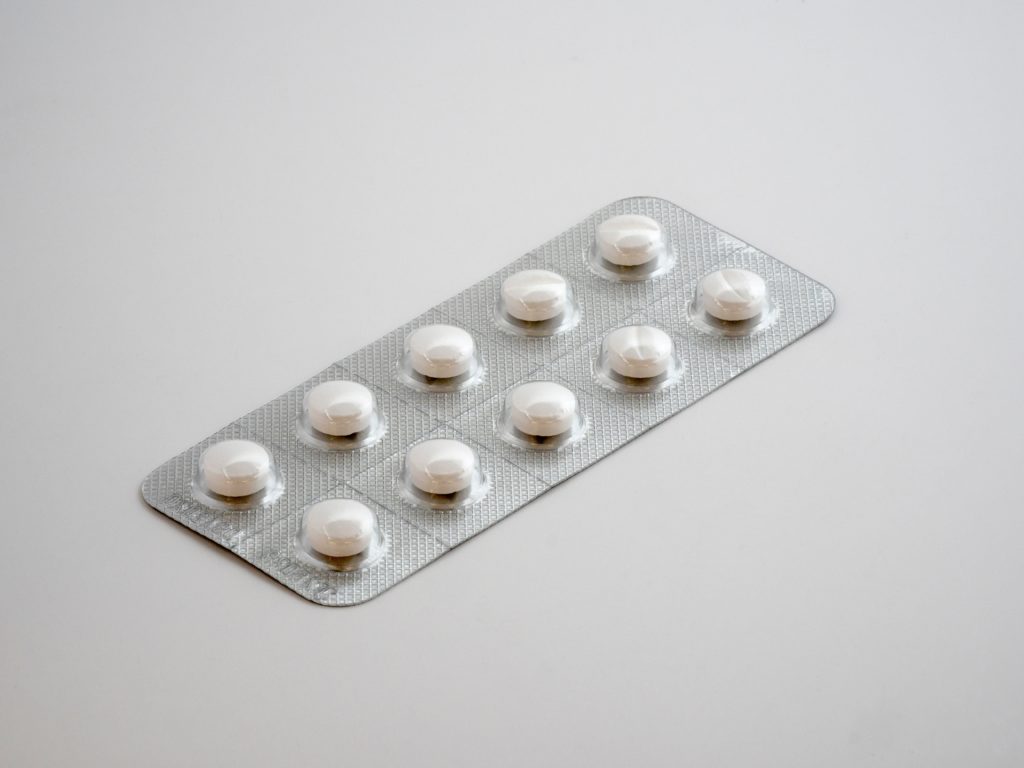Why is this research important?
Even though depression is one of our more treatable conditions and there are many highly effective drugs available to clinicians, around a third of patients do not respond positively to existing medications.
In the UK, over 1 million people are diagnosed with depression every year. The total annual cost of depression in Europe has been estimated at €118 billion.
We need better and more accurate insights into which experimental drugs might prove most effective and are worthy of further research and development. But, because current, non-human models do not provide reliable trials for human psychiatric treatments, we’re now looking at an entirely new approach to assessing the promise of new drugs: one that promises to identify effective treatments more quickly and deliver better patient outcomes.

What are we doing?
We have been working in conjunction with a pharmaceutical company to assess the effects of a drug they are developing, which could be a new antidepressant. The drug’s profile showed that it might have an impact on stress as well as depression. Assessing the effects of drugs on human responses to stress is a far quicker process than measuring a drug’s effect on depression, which typically can take up to 6 weeks.
We created a new test – the Oxford Cognitive Stress Task (OCST) – to induce stress in volunteers and measure the effect of the drug on people’s response to this stress. The OCST was used in a trial of the new drug to see whether the drug changes responses to stress. The test is unique, as is the use of any comparable cognitive test in a Phase 1 study, which is typically when new medications are tested on humans for the first time.
Professor Catherine Harmer has been using these kinds of tests in antidepressant drug development through collaborations with pharmaceutical companies. She says:
We’ve now worked together with more than five pharmaceutical companies to assess the early effects of new drug treatments on emotional and cognitive function. The results from these studies have helped make decisions about the subsequent development of the treatments and to answer key questions, for example about the right dose to use, the type of symptoms which may be particularly targeted by the treatments, or which potential treatments to prioritise. This approach can overcome some of the limitations of screening new treatments using animal models of depression and gives a better picture of how the treatments affect key aspects of function relevant to depression in humans.”
What do we hope to achieve?
Pharmaceutical companies and healthcare providers need to make big and often expensive decisions about which experimental psychiatric drugs to further develop and which to set aside. Our study gives them a pioneering tool with which to inform that decision-making process and help them accelerate the development of drugs with the potential to change for the better the lives of millions of depression patients around the world.
Researching new treatments is incredibly important. I have struggled for a long time with not finding appropriate treatments which work for me and have fewer side-effects, so that I can live my life normally.”
Participating Patient


